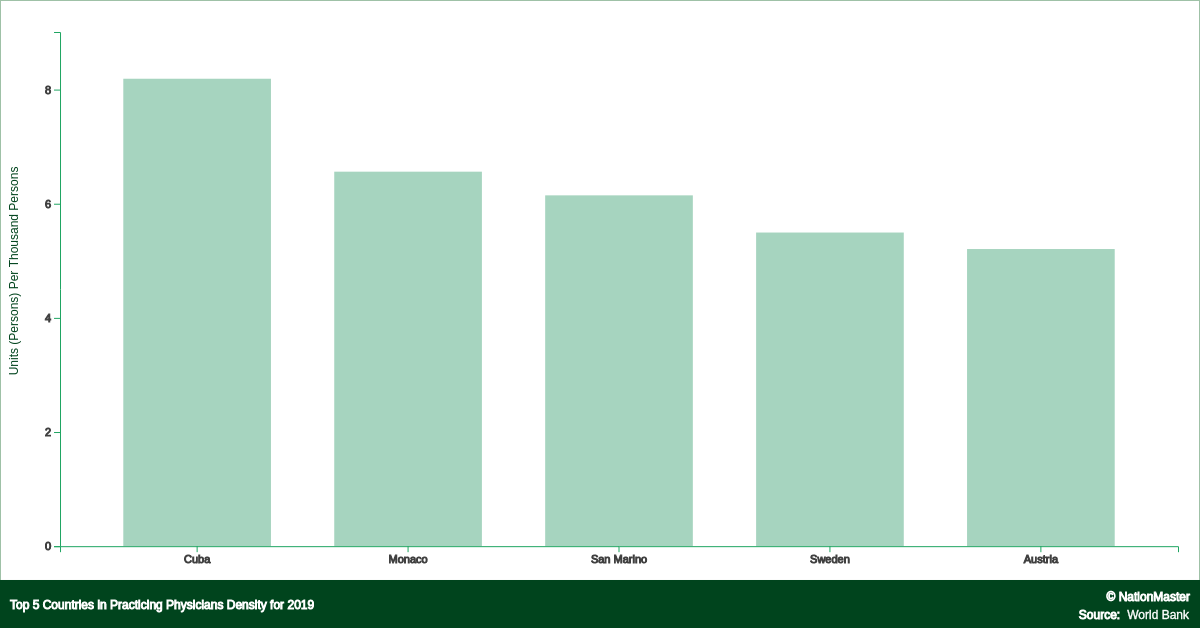Pelkkien linkkien pasteaminen ilman "omaa" sisältöä on minunkin mielestäni vähän hölmöä, vaikken käännösapua kaipaakaan.
Täysin eri mieltä. Jos netissä liikkuu asiasta hyviä kirjoituksia, niin miksi niitä ei saisi jakaa? Laiskalle keskustelijalle, kuten minulle, sellainen parin hiiren klikkauksen tapa sopii oikein mainiosti. Informaatiota liikkuu paljon suhteessa nähtyyn vaivaan.
Miksi koronavirukset tappavat ikääntyneitä, mutta eivät nuoria lapsia? Täällä on pohdittu asiaa.
Close to 10,000 people have contracted the new coronavirus that originated in Wuhan, China—more cases than SARS in 2003. So far, 213 people have died. The preliminary fatality rate for 2019-nCoV hovers around 3%—which is low, but still concerning because of the number of cases accumulating.

qz.com
"All three viruses—SARS, MERS, and now 2019-nCoV—fall within the category of coronaviruses, which get their names from the spiky crown of proteins on the viruses’ outer shell. So while we don’t have a firm fatality rate for older adults with 2019-nCoV, it’s likely that it’ll also be higher than in younger adults.
There are two reasons older adults are more susceptible to infections. First, seniors are more likely to have other chronic health conditions, like diabetes or chronic obstructive pulmonary disease, that make it harder for their bodies to cope with damage caused by a new pathogen. Every year, the
majority of flu deaths are seen in people 65 or older.
Second, the immune system changes with age—particularly in its ability to respond to coronaviruses. Unlike the flu virus, which does most of the damage to your body on its own, most of the symptoms from coronavirus infections actually come from the body’s immune response, Menachery says. Although he and his lab team are still characterizing these reactions, it seems like coronaviruses encourage older immune systems to kick in with extra inflammation, which can have a cascading effect.
These downstream effects can be particularly acute when the virus lives and reproduces exclusively in a vital organ like the lungs—which SARS, MERS, and 2019-nCoV all do. In an effort to control the infection, the body will wall off portions of the lung that are harboring most of the infection. These sections are then not available to take in oxygen. “You can still breathe, but not with the same capacity. If you have COPD and heart disease, you have less capacity to begin with,” Menachery says, which ultimately makes the infection more likely to be fatal.
Unlike the flu, which has higher fatality rates in both young children and older adults, coronaviruses tend to
only be more dangerous for seniors. In a paper published on Jan. 29, scientists
writing in the New England Journal of Medicine recorded 0 cases of 2019-nCoV in children 15 and under. This doesn’t mean that children are immune to the virus, but they may be better at fighting it off if they’re otherwise healthy."






